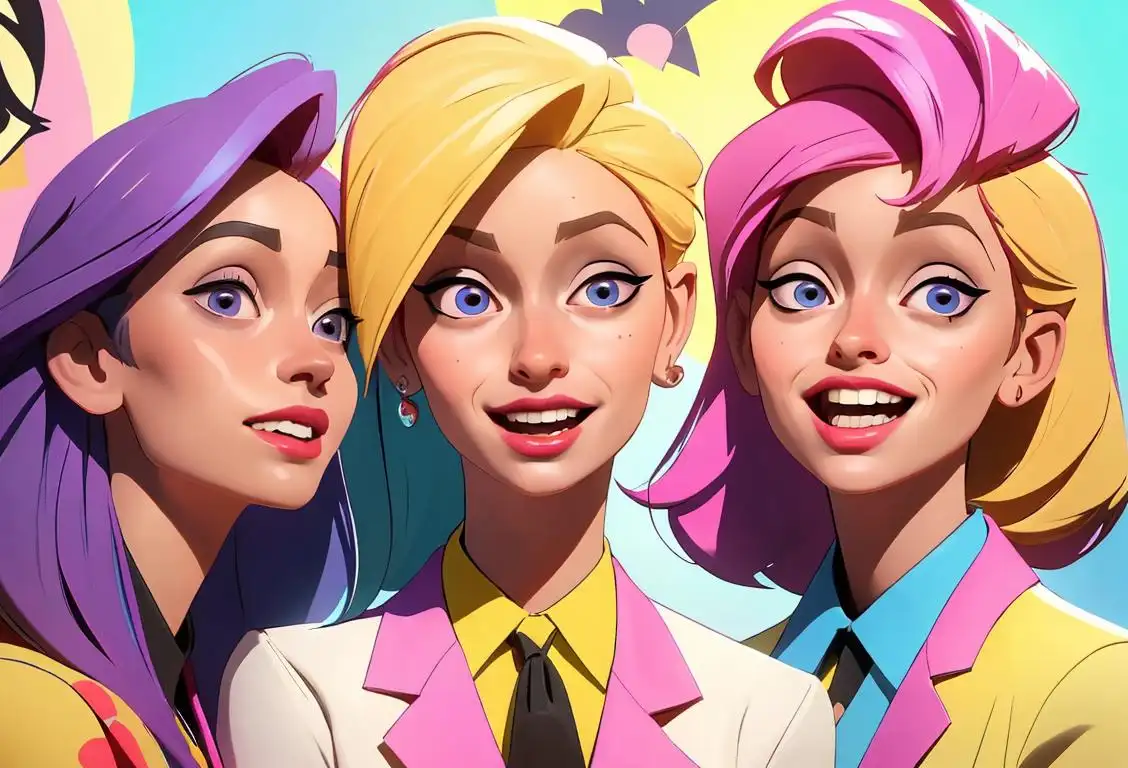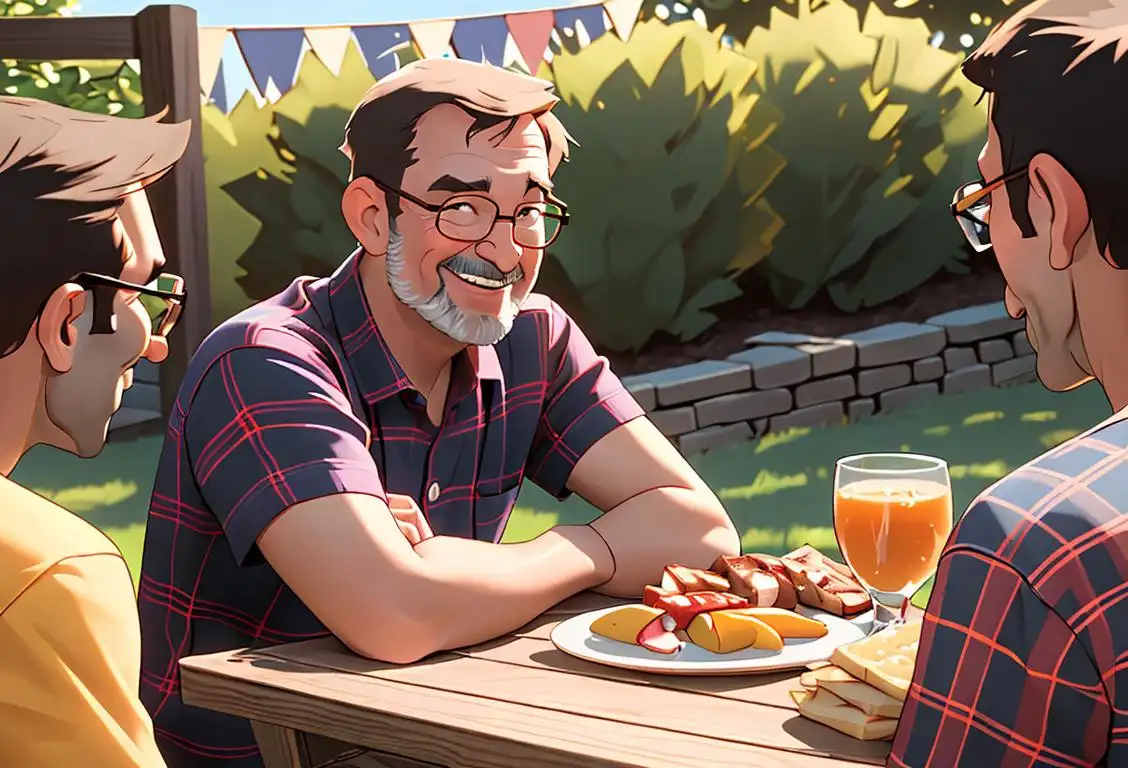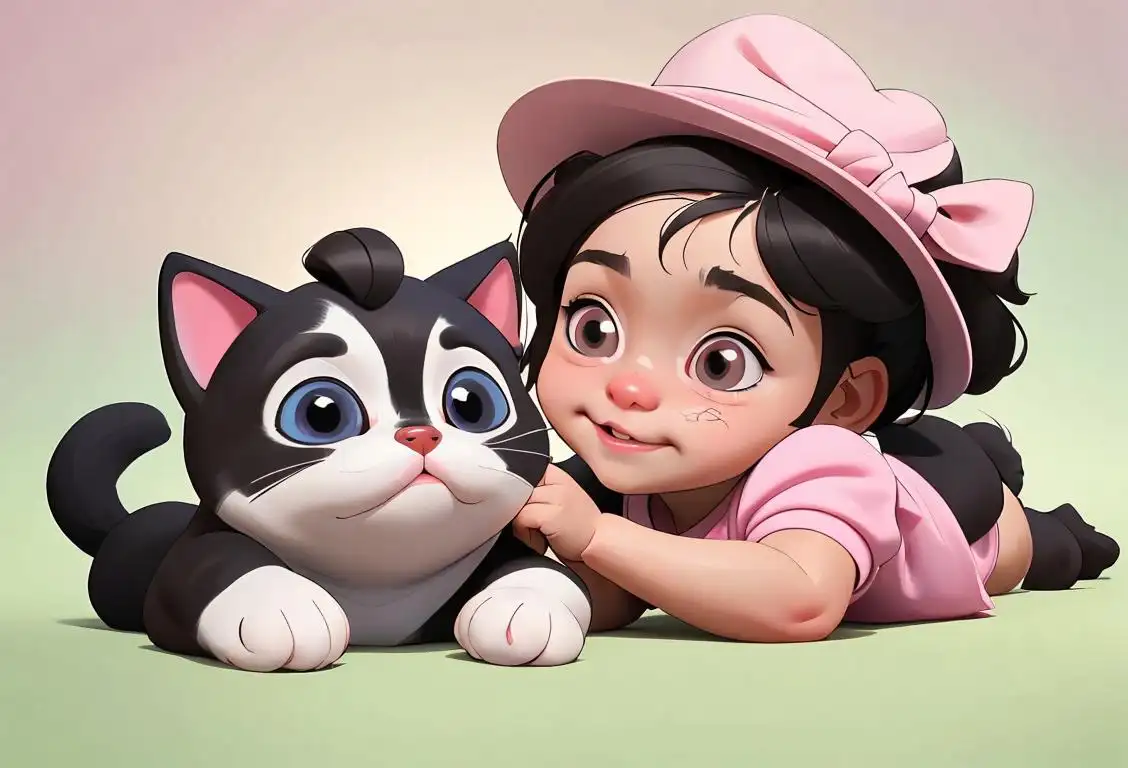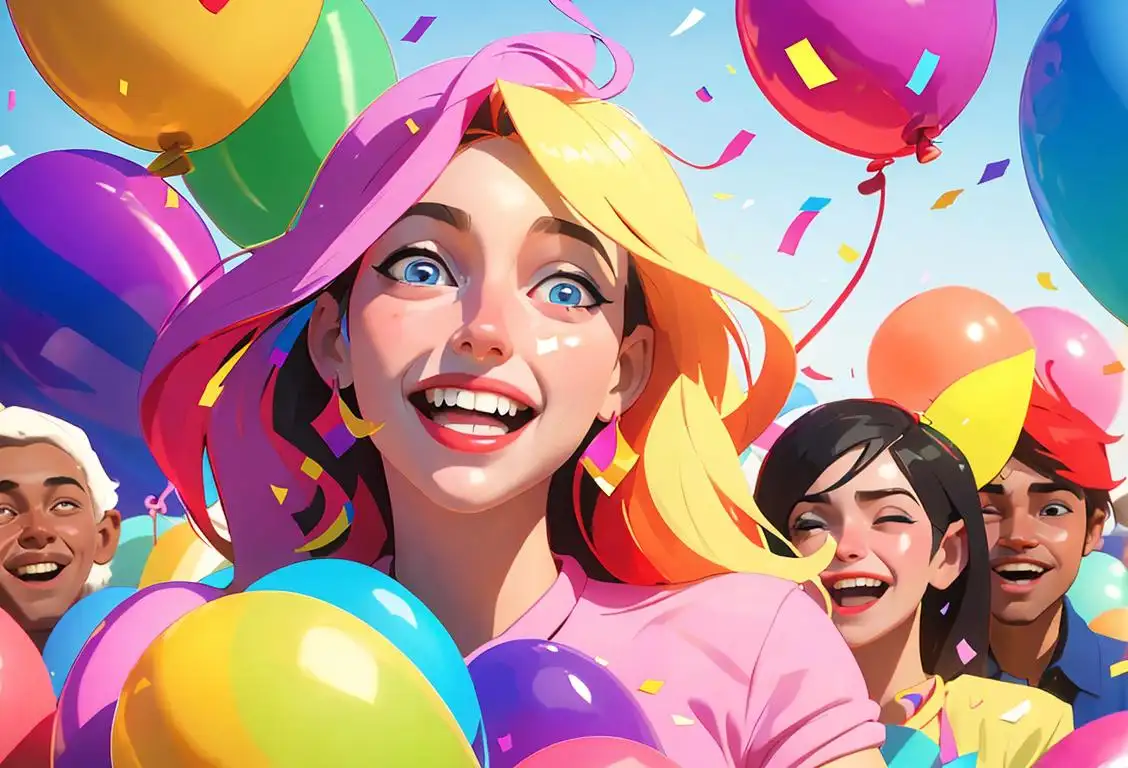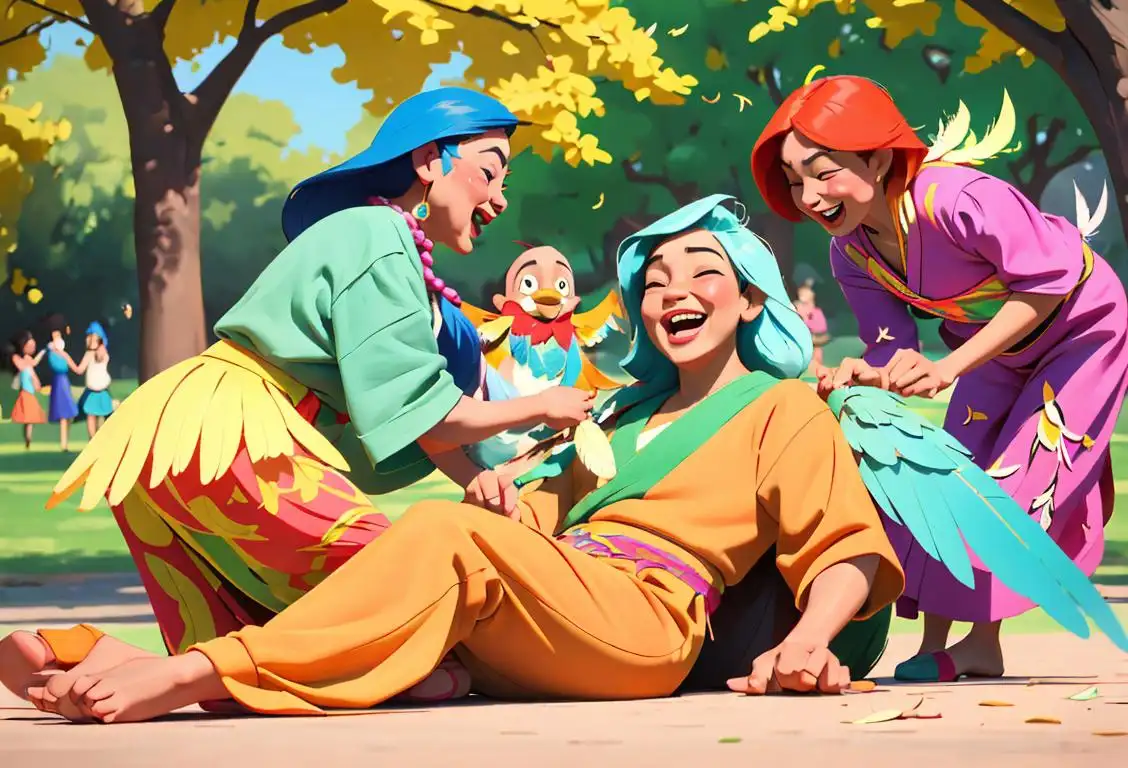National Comedy Day
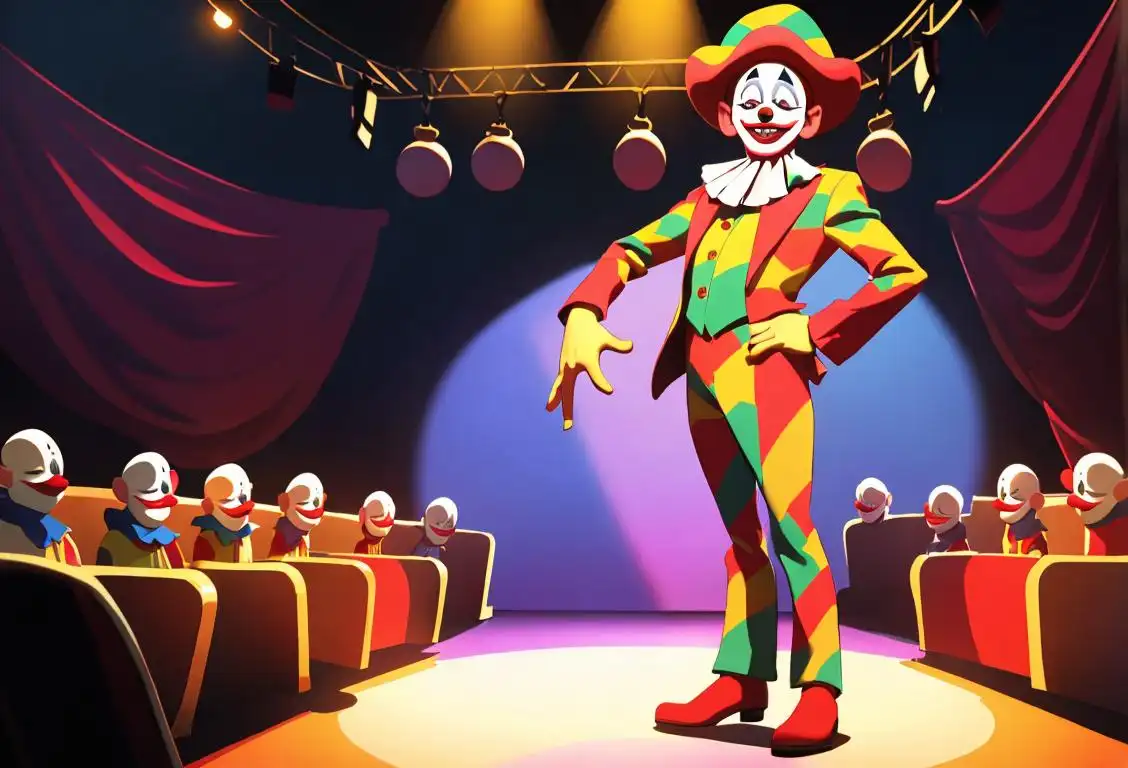
Here's one for all the comedy lovers out there! Buckle up, because National Comedy Day is no laughing matter...Ok, maybe it is — but we'll save the rim-shots for later. This quirky online event saw its peak popularity on the hilariously (or not) specific date of 7th November, 2015. Grab your whoopie cushions, and brace yourself for some rib-tickling trivia.
When is Comedy Day?
It's national comedy day on the 7th November.
A Brief History
National Comedy Day, while not officially recognized by any governing body, saw its highest popularity in the online world back in November 2015. There were buckets of hearty LOLs and ROFLs as the internet world came together in celebration of laughter and good cheer.
Why Comedy?
Comedy is the universal language of joy. It's our common defense mechanism against the gloom and mundanity of everyday life. A well-placed joke can lighten the room, and remind us of shared human experiences. Hence, the inception of National Comedy Day — a day to reflect, laugh, and let go.
Celebrating National Comedy Day
So how does one celebrate National Comedy Day? That's the fun part. You could binge-watch sitcoms, read a funny book, go to a comedy club, or tell a joke to a friend. Or perhaps, it's even a reason to finally try out your stand-up routine at the local open mic. Shower the world with your quirky sense of humor and make someone's day a little brighter.
Don't Forget the Memes
Remember, memes can be a powerful comedy tool, too. National Comedy Day peaked in 2015, right when social media meme culture was starting to boom. So, share a funny meme to contribute to the chuckles, the fun is contagious!
History behind the term 'Comedy'
400 BCE
Ancient Greek Origins
The term 'comedy' finds its origins in ancient Greece around 400 BCE. In Greek, 'komos' referred to a revel or festivity, while 'ode' meant a song. Combining these words, 'komodia' was born, representing a merry song or an amusing spectacle.
5th Century BCE
Aristophanes and Old Comedy
During the 5th century BCE, one of the most renowned Greek playwrights, Aristophanes, established 'Old Comedy' as a distinct genre. His plays were satirical and often mocked prominent figures of the time, including politicians and philosophers. Aristophanes laid the foundation for comedy as a form of entertainment that blended humor with social commentary.
Ancient Rome
Roman Influence
With the expansion of the Roman Empire, comedy made its way to ancient Rome. Influenced by Greek comedy, Roman playwrights like Plautus and Terence created works that incorporated elements of wit, farce, and slapstick comedy. The Romans adapted and incorporated various comedic styles, which would later influence European theater traditions.
16th Century CE
Comedia dell'arte
In Italy during the 16th century, the Comedia dell'arte emerged. This theatrical form featured improvised performances by traveling troupes. The actors would portray stock characters, exaggerated stereotypes, and deliver comedic performances filled with physical humor and witty dialogue. Comedia dell'arte paved the way for improvisation, influencing later comedic styles.
18th Century CE
Comedy as a Theatrical Genre
In the 18th century, comedy solidified itself as a distinct theatrical genre, separate from tragedy. Playwrights of the time, such as Molière in France and Oliver Goldsmith in England, crafted comedic works that depicted humorous situations, exaggerated characters, and clever wordplay. The popularity of comedy soared as it became a staple of theatrical entertainment.
20th Century CE
Comedy on Screen
With the rise of cinema in the 20th century, comedy found a new medium to captivate audiences worldwide. Icons of comedy like Charlie Chaplin, Buster Keaton, and Laurel and Hardy made audiences laugh with their physical comedy and silent film performances. As technology advanced, comedy evolved through the inclusion of dialogue, leading to the creation of diverse comedic genres on the silver screen.
Did you know?
Believe it or not, research shows that on an average, children laugh up to 300 times a day, while adults laugh only about 20 times. Could National Comedy Day be the key to unlocking our inner child?Tagged
awareness fun loved ones laughter joy comedy celebrateFirst identified
19th June 2015Most mentioned on
7th November 2015Total mentions
22Other days
Comedy Day
Trashtalking Day
Stacy Day
Dad Joke Day
Cute Day
Quinn Day
Tickle Day
Show Your Dick To Strangers Day
Foundation Day
Guac Day
